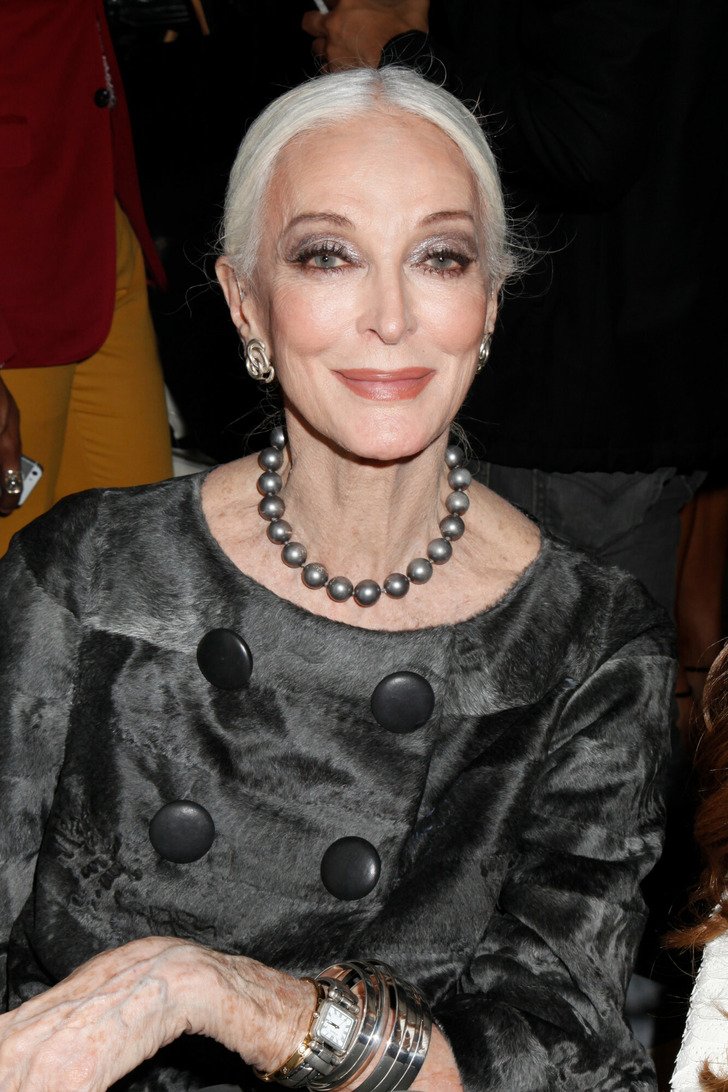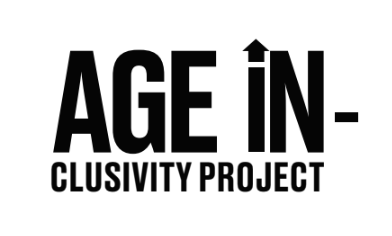
Article from NYT
Over the last few weeks, Batsheva Hay has stopped women outside a dance studio, on the subway and inside a grocery store. She has slid into strangers’ DMs.

Article Post Three
Conclusion
The productive aging perspective has advanced and offers a more complete view of the reality of the older population. Alongside the narrative that age is a problem, a decline and a loss, there exists the potential for contribution and growth. The focus has not been on individuals but on programs, policies, and social and environmental contexts to facilitate engagement in the vital roles of working, volunteering, and caregiving. There has been knowledge and intervention development; but the long-standing challenge continues to be including older people in all levels of human, social, and financial capital and including those in marginalized social positions.
One of the underlying barriers to gains in facilitating productive engagement in later life is ageism. Growing evidence that ageism negatively impacts individuals and organizations brings an important impetus to the productive-aging agenda. Policies and programs will not be enough if ageist attitudes and behaviors constrain the participation of older adults in important societal roles. In this next phase of productive aging scholarship and advocacy, we must elevate our focus on ageism to improve the possibilities of a productive aging society.
Nancy Morrow-Howell, PhD, is the Betty Bofinger Brown Distinguished Professor of Social Policy at Washington University in St. Louis.
